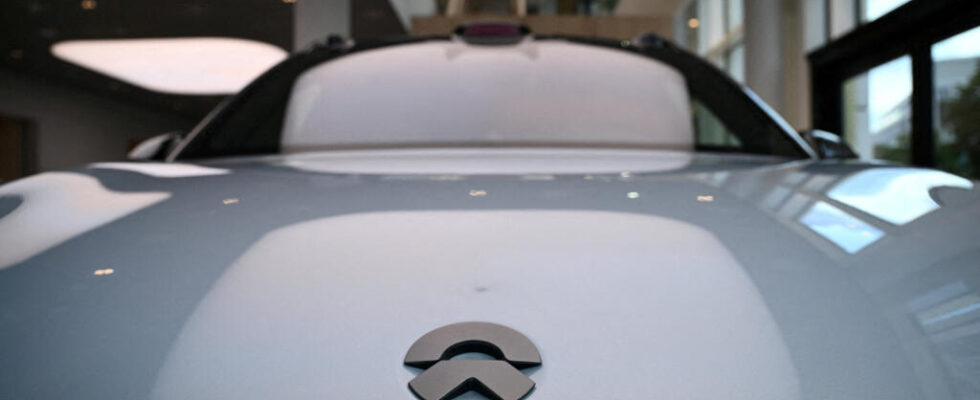Starting this Friday, July 5, up to 37.6% of customs duties will be imposed on Chinese electric vehicles entering the European Union. This increase in temporary taxes should help correct an imbalance and a competitive situation deemed unfair, according to Brussels. While Beijing sees it as “disguised protectionism” and continues to want to negotiate with the European Union.
3 min
From our correspondent in Beijing,
With these surchargesthis is the most important commercial showdown engaged by the European Union against China. But for the moment, Beijing still wants to believe in an agreement and points out that there are four months left before these measures become definitive. The Chinese Ministry of Commerce is counting, in particular, in these negotiations on Berlin and on German car manufacturers who have a lot to lose on the Chinese market, as its spokesperson He Yadong pointed out on Thursday, July 4.
“China notes that some EU members and major auto companies have clearly opposed the EU’s anti-subsidy measures on Chinese electric vehicles, He Yadong said. We hope that the European side will work with China to speed up the consultation process and reach a mutually acceptable solution as soon as possible. »
A call to the ” reason ” from a China sure of its technological lead in electric vehicles and which, according to an American strategic analysis center, would have spent more than 230 billion dollars over more than a decade to develop its industry. An appeal relayed by the state press: these tariff barriers risk ” to hamper European growth and cause Europe to miss the boat of global industrial progress,” ensures the Global Times.
A strong wink towards Tesla
The same story is heard from Chinese manufacturers: “We believe in promoting competition and in the interests of consumers, and we hope to reach a resolution with the EU before definitive measures are applied in November,” says the manufacturer Nio, in comments reported by Reuters. While Xpeng downplays the extent of the penalties for consumers and assures that “All customers waiting for deliveries, as well as new customers who place orders before the new prices come into effect, will avoid a price increase.”
The Chinese authorities also defend, in each of their speeches, the importance of the Chinese automobile market for certain foreign manufacturers. A strong wink in particular from Tesla: according to Politico, EU inspectors visited the American manufacturer’s factory in Shanghai last week, which could allow Tesla to obtain a customs duty rate lower than the average rate applied to Chinese manufacturers of electric vehicles. While the province of Jiangsu in eastern China has just announced, and this is a first, that the Tesla Model Y was entering the provincial government’s vehicle purchasing catalog.
Read alsoChina ready to retaliate against EU threats to tax its electric vehicles
